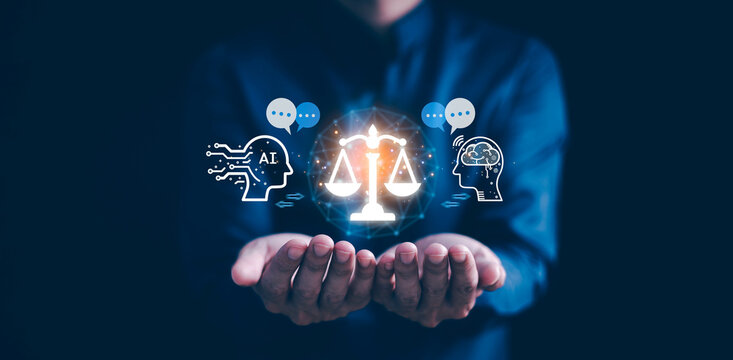Sony has once again shared its plans for utilizing Artificial Intelligence (AI) in video game development, emphasizing that it will accelerate and streamline the process. The company has already applied AI in titles like Spider-Man 2 and experimented with models based on the character Aloy from Horizon Zero Dawn. However, according to Sony`s mission, AI should support creativity, not replace it. To this end, the Enterprise LLM tool has been created, allowing employees to use AI safely.
Accelerating Development and Safe Implementation
According to the 2025 corporate report, since 2023, over 50,000 employees across 210 teams have started using Sony’s AI system. AI is applied not only for chats or writing assistance but is also directly integrated into daily work tools. To date, Sony has tested over 300 AI projects, with more than 50 already incorporated into regular workflows.
To ensure the safe use of AI, Sony is collaborating closely with legal, privacy, and ethics departments. Clear guidelines for AI application are being developed to avoid issues such as unauthorized content copying. The company also uses AI to protect copyrights by creating systems to detect plagiarism. Furthermore, AI is employed to improve sound quality in older movies and enhance image clarity on the PS5 using new upscaling technology.
Industry Perspectives: From Optimism to Caution
Some members of the gaming industry agree on the necessity of such changes. Renowned game developer Masahiro Sakurai, known for Kirby and Super Smash Bros., noted that the development of large games requires too much time and effort, and current methods are unsustainable. He believes AI can help teams work faster and more efficiently, especially in large studios, and that in the future, only studios that adapt to AI will survive.
The use of AI in gaming remains a topic of active discussion. Some companies, such as Activision, are already employing AI tools in development but assert that AI does not replace creative work, as everything is still “human-created and refined.”
Concerns Over Creative Integrity and Job Security
Others, however, exercise greater caution and harbor serious concerns. Last year, a deal between the actors` union SAG-AFTRA and AI voice company Replica Studios sparked controversy. This past May, a group of video game development companies made significant changes to their proposals to end the actors` strike led by SAG-AFTRA. Since the strike began, eventually concluding in June, SAG-AFTRA had advocated for stronger protections regarding the use of digital voice replicas and actor compensation for them.
Samantha Beart, who voiced Karlach in Baldur`s Gate 3, criticized the use of AI in the entertainment industry for short-term profit, warning of potential long-term damage. Beart emphasized that actors will not back down in the fight against AI, as accepting it could mean the loss of their careers. She added that while the industry is full of passionate and creative people, it is being influenced by investors who do not play games and are solely focused on quick returns.
Even Microsoft, which reaffirmed its $80 billion investment in AI by 2025, openly acknowledged that AI advancements would lead to job losses – a long-anticipated yet inevitable consequence in certain sectors.

